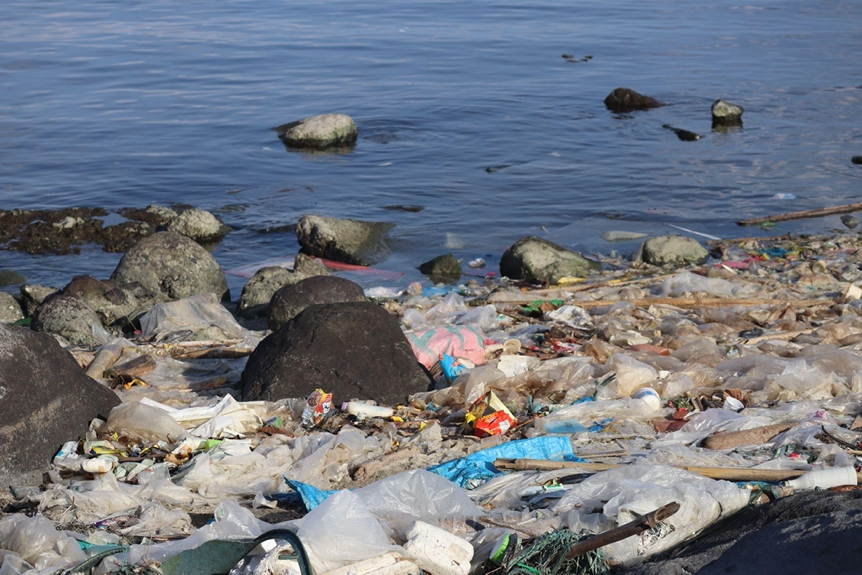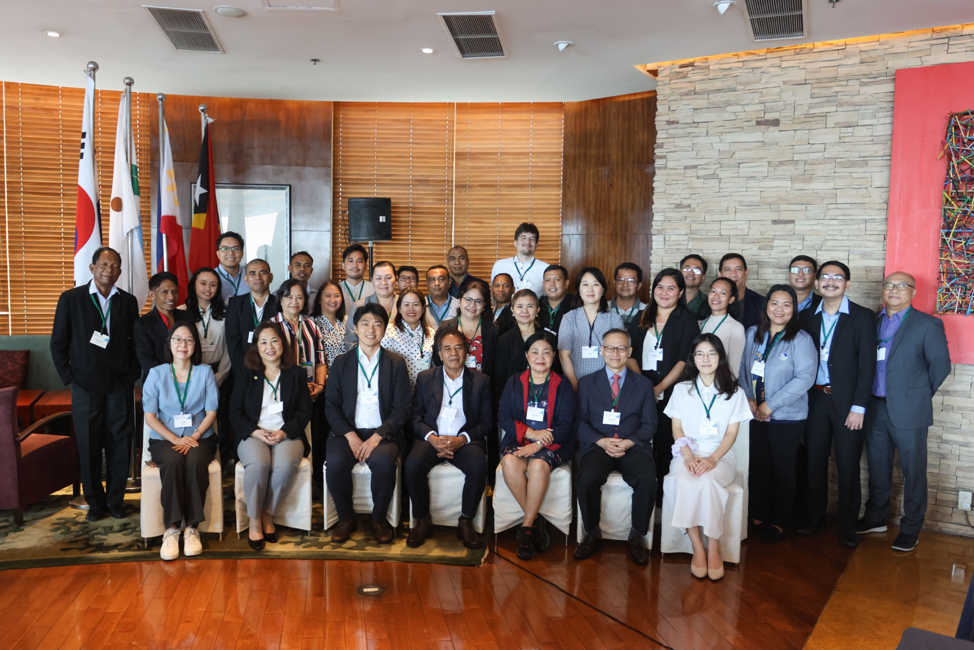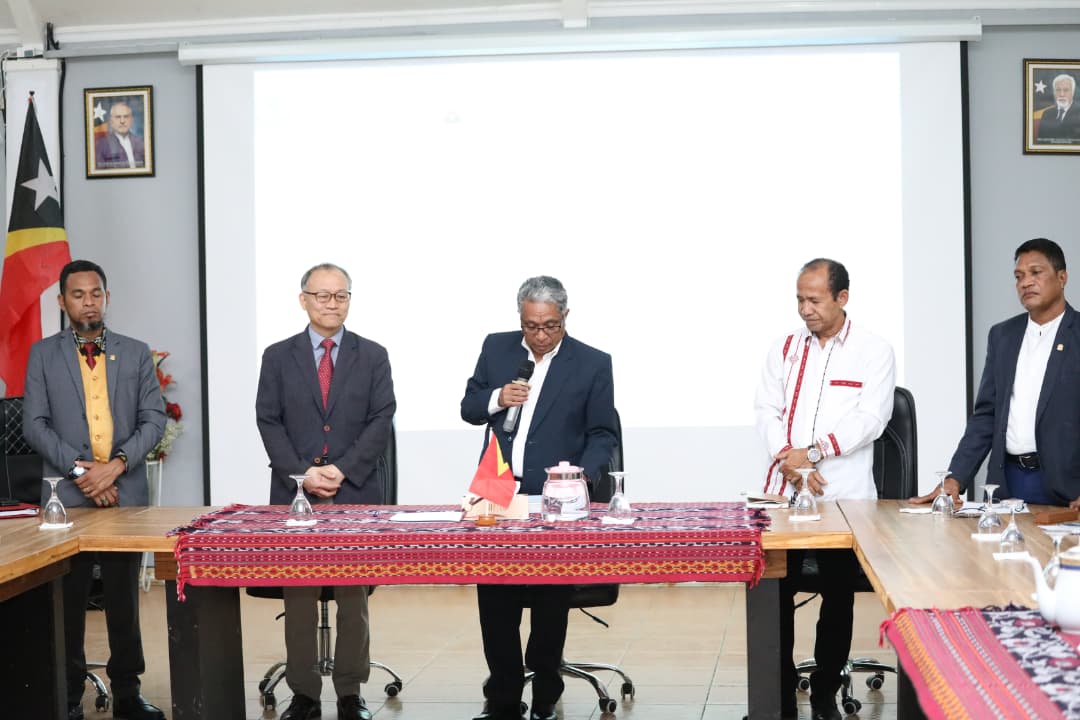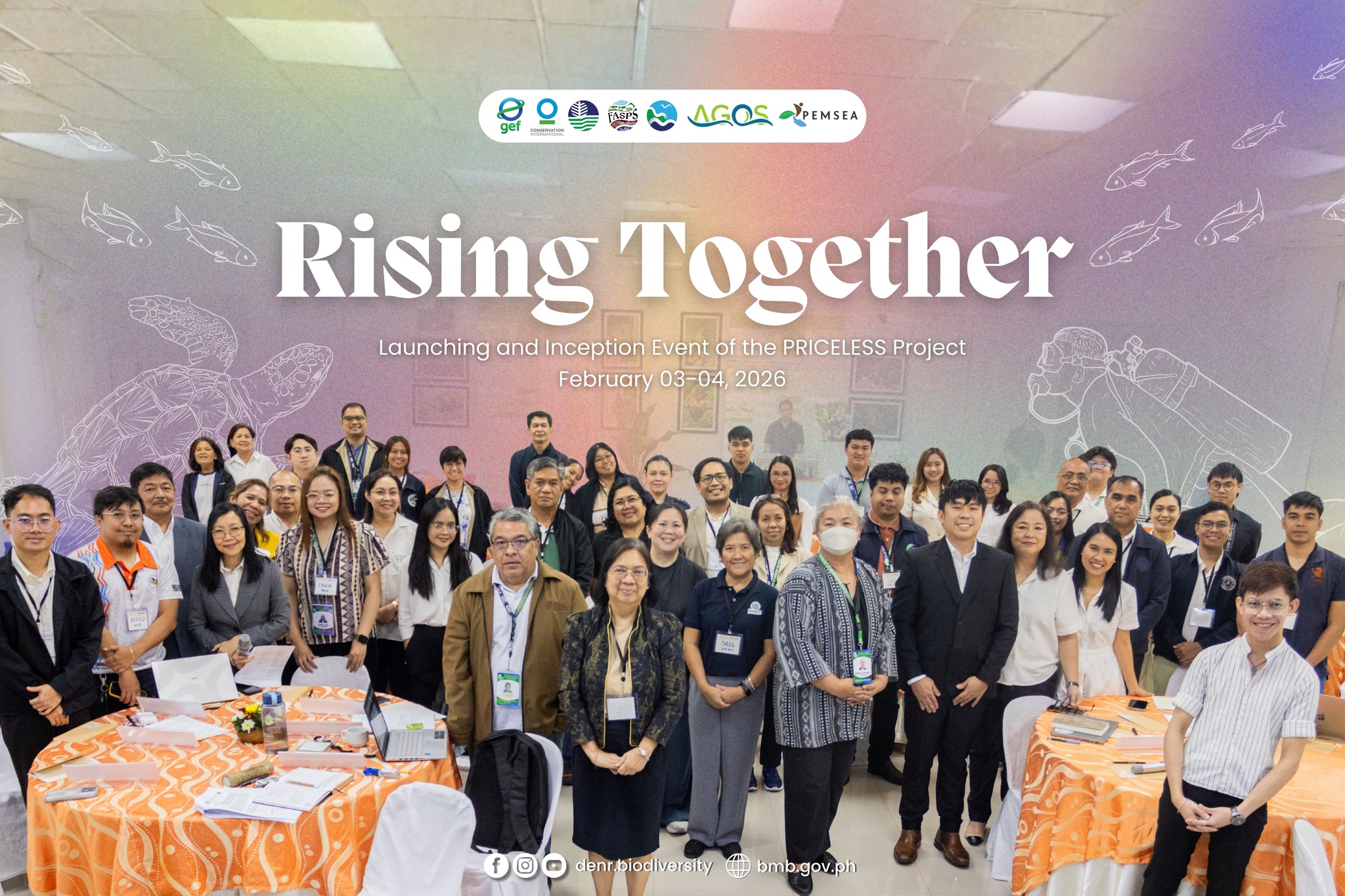Korea supports Philippines, Timor-Leste to combat marine plastic pollution
Tuesday, 25 July 2023

Single-use plastic litters the marine waters of coastal areas in the Philippines, particularly those near commercial establishments and public markets. PEMSEA/Rizza Dejucos
Manila, Philippines – To aid the current plastic pollution situation, the Republic of Korea grants USD 9 million assistance to the Philippines and Timor-Leste to combat marine plastics pollution in their respective countries.
The six-year initiative called “Reducing Marine Plastics in the East Asian Seas Region” aims to improve the management of marine plastics in two countries through science-based governance, innovative solutions to promote circular economy, regular beach monitoring on marine plastics, relevant training, and community awareness drive.
The project will be implemented in 10 sites including the four coastal municipalities of Atauro, Manatuto, Liquica, and Dili in Timor-Leste and six coastal communities of the municipalities of Bulan and Daanbantayan, and the cities of Calbayog, Dipolog , Puerto Princesa, and Tandag in the Philippines.
East Asia is considered an ecologically important region, being home to one-third of the planet’s coral reefs, mangroves, and seagrass beds. But it is also a hotspot for marine pollution including plastics. The Philippines is considered as one of the top five contributors to marine plastic pollution globally, while Timor-Leste is facing challenges in managing its wastes and plastics due to poor infrastructure and challenging geography.
In 2019, ASEAN adopted the Bangkok Declaration on Combating Marine Debris in ASEAN Region and the ASEAN Framework of Action on Marine Debris, aiming to reduce marine debris in the region by 75% in 2025.

Government representatives from the Republic of Korea, Philippines, and Timor-Leste convened last July 19-20, 2023 to discuss strategies in reducing marine plastic pollution in selected sites in East Asia. PEMSEA/John Castillo.
RO Korea has been advocating for the reduction of marine plastics pollution in recent years. In 2021, the third basic plan of Korea was established to reduce marine plastic waste generation by 60% in 2030, and an ambitious zero waste by 2050 through the life-cycle management system that involves marine debris generation. collection, treatment, and recycling.
“Through this project, we hope to contribute to enhance the capacities for combating marine debris and plastic pollution in the Philippines and Timor-Leste with opportunities to share experiences and best practices on RO Korea’s marine plastic wastes management policies and recycling technologies,” said Sunhyung Ryu, Director of Marine Conservation Division of the MOF, RO Korea.
RO Korea’s Ministry of Oceans and Fisheries (MOF) partners with Partnerships in Environmental Management for Seas of East Asia (PEMSEA), a regional coordinating mechanism for the sustainable development of coastal and marine resources in the region, to implement the project.
“These pro-active local, national and regional actions to combat plastics are happening globally, with governments placing significant importance on the issue. Negotiations to establish a global treaty to manage plastics are ongoing. Such actions are crucial: if marine plastic pollution is not addressed now, it is predicted that there will be more plastics than fish in the ocean by 2050,” said Aimee Gonzales, Executive Director of PEMSEA.
The project is also collaborating with the Philippines Department of Environment and Natural Resources and its relevant bureaus as well as Timor-Leste Secretary of State of the Environment and the Ministry of Agriculture and Fisheries.





